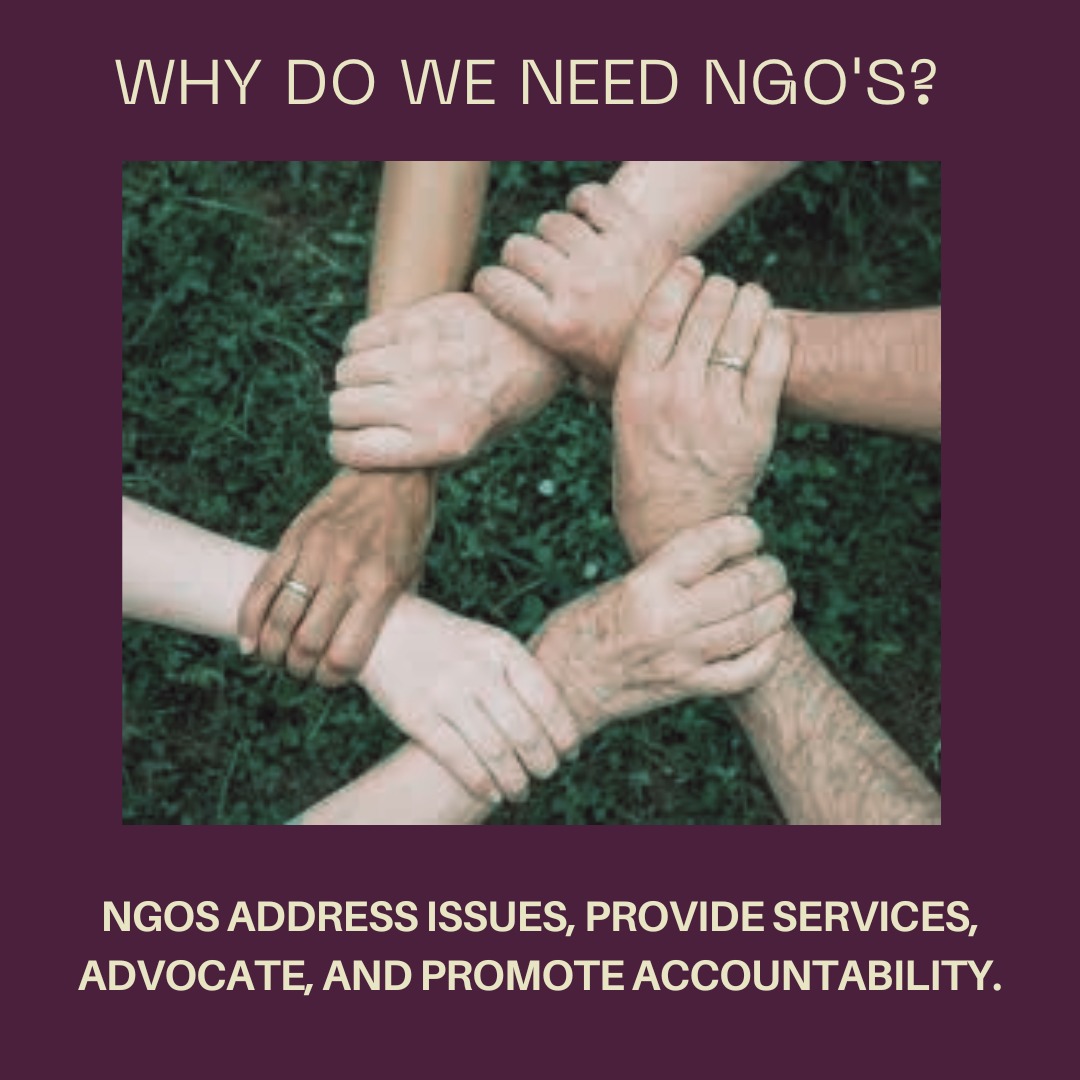
What is meant by NGOs? What is Womennovator?
NGO Abbreviated as Nongovernmental organization.
NGO is abbreviated as Non-Government Organization. Organizations that are best known for one or other of the two main forms of activities. Which is either the delivery of basic services to people who are in real need. As well as organizing public campaigns for a change.
During the past two decades, the number of NGOs working for development. Increased at all levels be it local, national, or international. There are around 3.2 million registered non-governmental organizations in India. Interestingly there are more per capita NGOs than hospital beds in India. NGOs have become an essential part of the development process of a country.
According to The Central Statistical Organization of India, there are around 4 NGOs for every 1000 people in urban areas and nearly 2 NGOs for every 1000 rural populations.
According to an estimate by The United States which says that there are about 35,000 large established organizations. To be precise NGOs are stated as legally constituted organizations operating independently from the government and being non-profit oriented an association that pursues purposes related to the public interest.
Now let’s discuss certain important points. Everyone must keep this in mind. NGOs are not “owned” by anyone or the government. They cannot distribute their profits in the form of dividends as such. Whatever profits they might earn through their activities are either reinvested or spent on appropriate non-profit activities.
According to The World Bank, NGOs are private organizations that pursue activities such as promoting the interests of the poor and needy, protecting the environment, providing basic social services, or undertaking various community development.
Now let’s discuss certain important points. Everyone must keep this in mind. NGOs are not “owned” by anyone or the government. They cannot distribute their profits in the form of dividends as such. Whatever profits they might earn through their activities are either reinvested or spent on appropriate non-profit activities.
According to The World Bank, NGOs are private organizations that pursue activities such as promoting the interests of the poor and needy, protecting the environment, providing basic social services, or undertaking various community development.
The main and typical sources of revenue for NGOs are donations, funding grants from corporations, membership fees, interest and dividends on investments, and other miscellaneous sources.
ROLE IN OUR SOCIETY
1. NGOs act as human rights watchdogs in society.
2. They act as channels for donors by making them contribute easily to the development of low-income/poor countries.
3. Through playing an important role in the development of a country NGOs are now referred to as “THE THIRD SECTOR”.
4. Most NGOs have started creating awareness among the youth of the nation to be the change they want to see.
WHO REGULATES?
There are separate laws to regulate the functioning of NGOs in India. For the time being, let’s just only know the two most important laws connected with NGOs.
• FOREIGN CONTRIBUTION REGULATION ACT (FCRA)
• FOREIGN EXCHANGE MANAGEMENT ACT (FEMA)
REGISTRATION
NGOs in India mainly come under three segments which are as follows :
• SOCIETIES
These are those organizations that are registered under The Societies Registration Act, 1860
• TRUSTS
There are two types of Trusts, Private and Public. Private Trusts are The Central Governments Indian Trust Act, 1882. Public trust is under state legislation.
• CHARITABLE COMPANIES
These organizations are set up by Section – 8 of The Companies Act, 2013. These compliance requirements are high as the availability of loans to them is very easy.
About Womennovator:-
Womennovator is the flagship program of Gvriksh, a not-for-profit society registered under Section 12 AA (Section 80G) of the Income Tax Act. Gvriksh is also registered with Darpan (Niti Aayog), which has been actively working for women entrepreneurs to help them achieve their ultimate goals. Womennovator is a global incubator for women, supporting women across the globe, and celebrates the triumph stories and records of passionate women who dared to innovate the world and honors them with awards and recognition. It is a global incubator for women, supporting women entrepreneurs in scaling operations domestically and internationally and creating distribution networks, women leaders and professionals to be directors or become job creators, and women community leaders to be policy change-makers.





